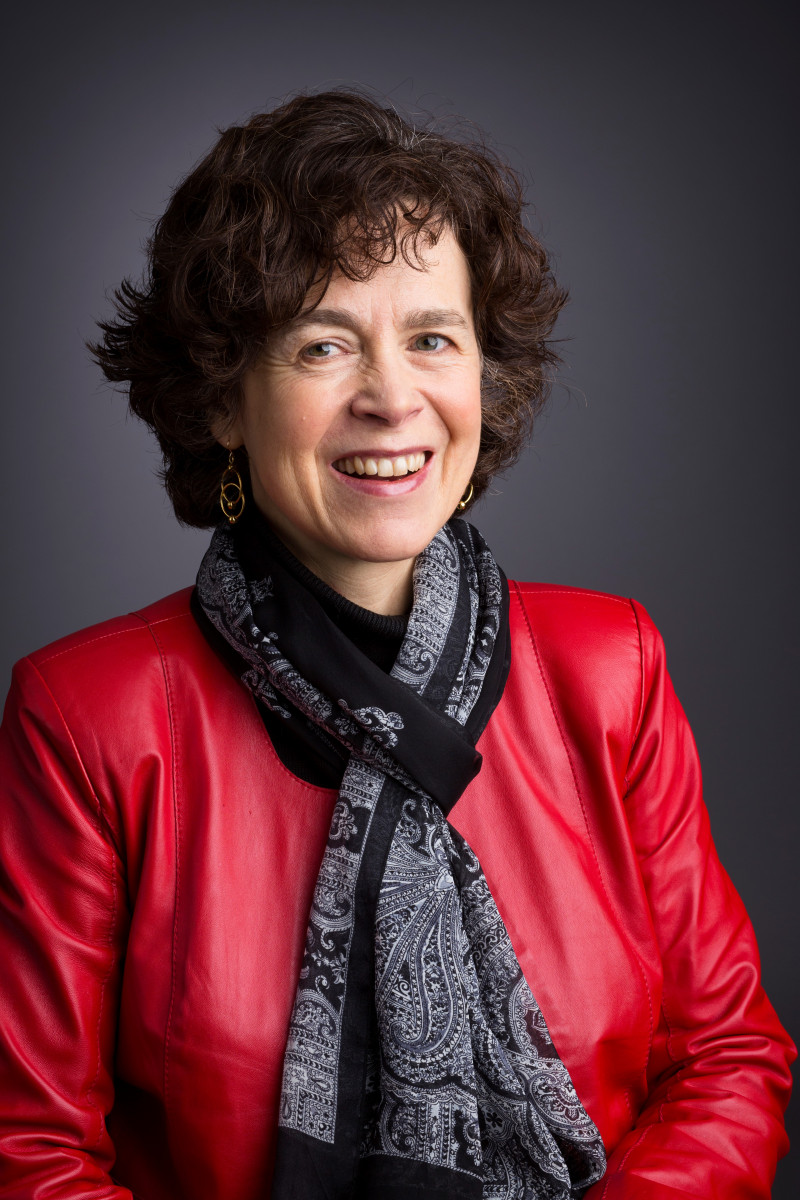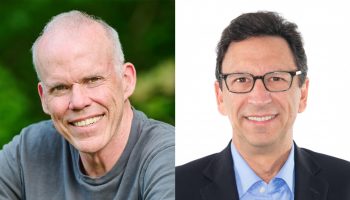SARAH VEST – STAFF WRITER

Do businesses have a responsibility to help maintain the stability of democratic institutions? Rebecca M. Henderson will try to answer this question during her lecture at 10:30 a.m. Thursday, Aug. 12 in the Amphitheater, closing the Week Seven theme, “The State of the Economy: Where Do We Go From Here?”
Henderson is one of 25 University Professors at Harvard and holds the John and Natty McArthur University Professorship on the faculty of Harvard Business School. She serves as a research fellow at the National Bureau of Economic Research and a fellow of both the British Academy and the American Academy of Arts and Sciences. She is a Research Fellow at the National Bureau for Economic Research, a sustainability adviser to several of the world’s largest companies, and a board member at Amgen and IDEXX Laboratories, which are both S&P 500 Companies.
Henderson said her early academic research was all about change in large organizations. At the time she was the Eastman Kodak Professor of Management at MIT — Eastman Kodak was one of the most successful businesses in the world at the time. However, they failed to respond to the advent of digital cameras. Henderson saw the same thing when she was working with Nokia, which at its peak was selling a million cellphones a week but failed to respond to the advent of the smartphone.
Then she saw former Vice President Al Gore’s movie “An Inconvenient Truth.” That, coupled with what she was hearing from her brother — who is an environmental journalist — about the state of the planet, she was met with the overwhelming feeling that she had to do something.
Her first thought was that she should stop teaching master of business administration students and become an activist. Henderson felt that all she was doing was oiling the wheels of corporate capitalism, but her friends who were activists convinced her to combine her research on change in large corporations with her desire to work on decarbonizing the world’s energy systems.
“It rapidly became more than just climate change,” Henderson said.
“If you think about it, what we have with climate change is a public goods failure. We are too focused on ‘me,’ and right now, and making money, and we’re not thinking about the long term and the broader system which we’re in bed with. For me, climate change was like the canary in the coal mine.”
Her book, Reimagining Capitalism in a World on Fire, is the product of these catalysts and a class that she was teaching at Harvard Business School called “Reimagining Capitalism: Business and the Big Problems,” which became the most successful new elective in the last 10 years. The book focuses on what stands between businesses and change and why it is essential that they do.
“One way I talk about it is we’ve been strip mining the planet, and we’ve also been strip mining our societies,” Henderson said.
She also finds herself having to navigate the dichotomy of 50-plus white businessmen who don’t believe there is a problem with the way capitalism is structured and people under the age of 35 who want to throw capitalism out the window. For her lecture, Henderson wants to focus on the midpoint between these two extremes.
She thinks that we have to stick with capitalism, but that it has to be radically reimagined, and that while it is tempting to vilify businesses, it is intellectually lazy. While there are businesses that Henderson thinks are undoubtedly evil — like fossil fuel companies — she still likes having a house, lights that work, cars and food.
“So capitalism is the best mechanism we found of providing broad-based prosperity, and the alternatives we’ve explored have really not worked out at all,” Henderson said.
Despite capitalism’s drawbacks, Henderson thinks that throwing out the entire system would be a serious mistake, which is why she has been preaching the need to overhaul the system in a way that is more restrictive.
“We need rules that constrain it and govern it so that you can’t just throw greenhouse gases out the window and you can’t just pay people $10 an hour and tell them they should be grateful for it,” Henderson said. “… When you’re talking to business people, you have to persuade them that better regulation would be better for them, and in a more stable society they would make more money.”
In order to make these changes, Henderson said there are two things individuals can do. The first is to vote in any election they can, particularly the local ones. Just voting in the large national elections, according to Henderson, won’t be enough to create the changes that are becoming more and more necessary.
“We absolutely need stronger government, and a government that cares about these larger issues, but one that’s not going to reject or shut down businesses; one that will partner with business,” Henderson said.
The second thing that people can do is “make a fuss.”
“Make a fuss where you work. Make a fuss where you shop. Make a fuss with your friends,” Henderson said. “These problems are so big, it’s tempting to sit around and hope someone else’s going to solve them because you can’t. None of us can.”
The metaphor Henderson uses in her book is an avalanche. She said that avalanches are started by pebbles and that individuals who make a fuss are the pebbles. In her experience, what really pushes CEOs to make changes to their business model is pressures from employees, customers and, in some cases, family members.
“We have enormous power as citizens first and foremost, but also as employees and customers and as neighbors,” Henderson said. “We’ve gotten used to thinking, ‘Well, the whole system just kind of runs on its own, I can just put my head down and take care of myself,’ but that view is going to take us over the edge. We have to find a way to work together.”




